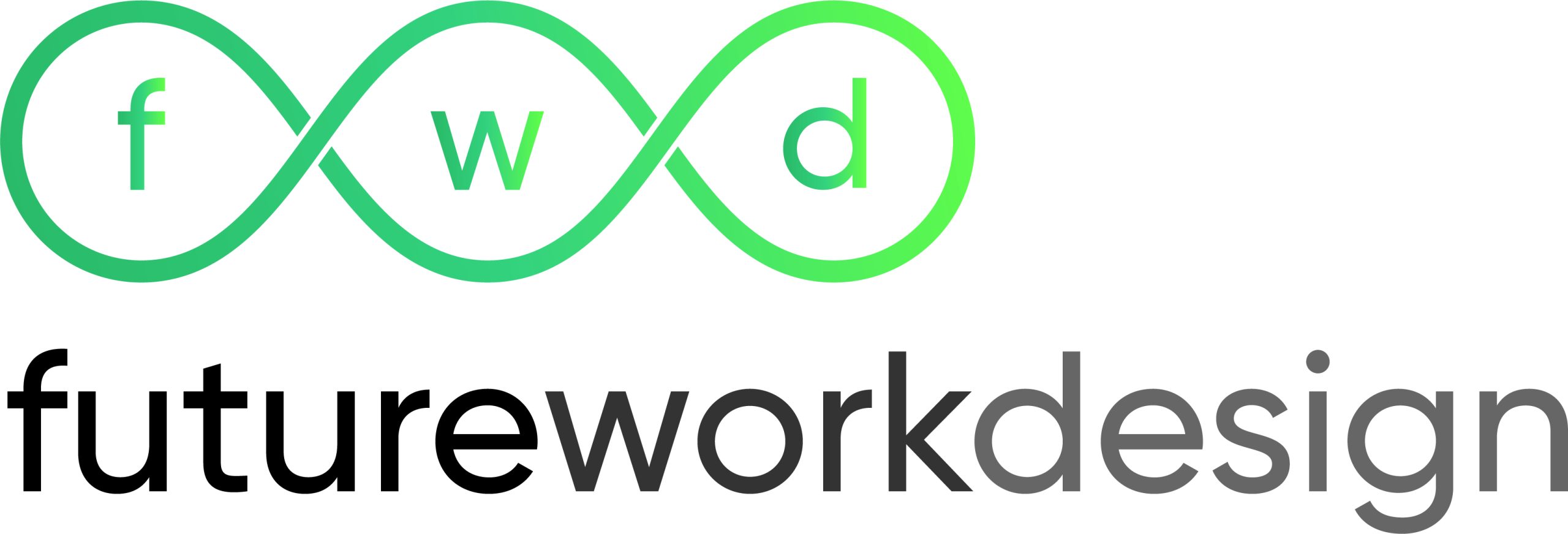
There are many fantastic brains behind the Future Work Design project which will be showcased in coming blogs. This blog focusses the Project Lead at East Riding Council, Eddie Niblett.
Eddie and his team at East Riding Council worked with Professor Fiona Earle and Dr Katie Cunnah at the Centre for Human Factors to develop the original concept for the tool, the development of which they now coordinate and lead on from a local authority perspective. They identified the demand for a workplace stress assessment tool to tackle the issue and thus the Future Work Design tool was born.
Eddie says the purpose of the tool will be: “sustainability to support the staff because the way we’ve organised it across all three phases, the way organisations have changed have affected so many things, not just the way they work, but also the way they manage staff and support staff.”

”My role at East Riding of Yorkshire Council focusses on ensuring positive change is sustained in the workplace through tool integration and distribution. Our work on this project is about being able to develop a tool that is suitable for any council across the country to enhance management around wellbeing and stress risk.
Eddie explains the purpose of the risk assessment tool is “to provide staff with an opportunity to give qualitative responses to academic evidence-based questions that have been developed with staff so that the cooperatively, we can consider those implications and make sure that we implement changes or provide support where necessary.”
The third and current phase is known as the discovery phase, where Eddie and his team are investigating how managers support staff. Phase 3 is building on the first two phases to create a tool that managers and staff can use together in order to identify the highest risks to the staff members wellbeing and be able to put controls and barriers in place to minimise the impact and manage that the environment around it.
Eddie touches on the key Phase 3 updates in the discovery phase of the tool: “we’re currently having discovery working with staff from across all four local authorities led by the university. First to understand and test various approaches to risk management and support with staff, from that we should then be able to identify a model that fits and the requirements for staff the best and develop a couple of prototypes that we can then test further down the road.”
Long term goals for the tool include being able to develop a quality tool that meets the needs of all councils that wish to adopt it. It is freely available for councils to access from the university site where it will be hosted for three years, with councils also being able to host it themselves on their own infrastructure. Moving forward, the team will build in business intelligence and insight using the data available that this solution collates so that every level of each organisation using the tool has a clear view of the risks.
You can find out more about Future Work Design and about Phase 1 and Phase 2 on the Centre for Human Factors webpages, and on the Local Digital funded projects pages.





